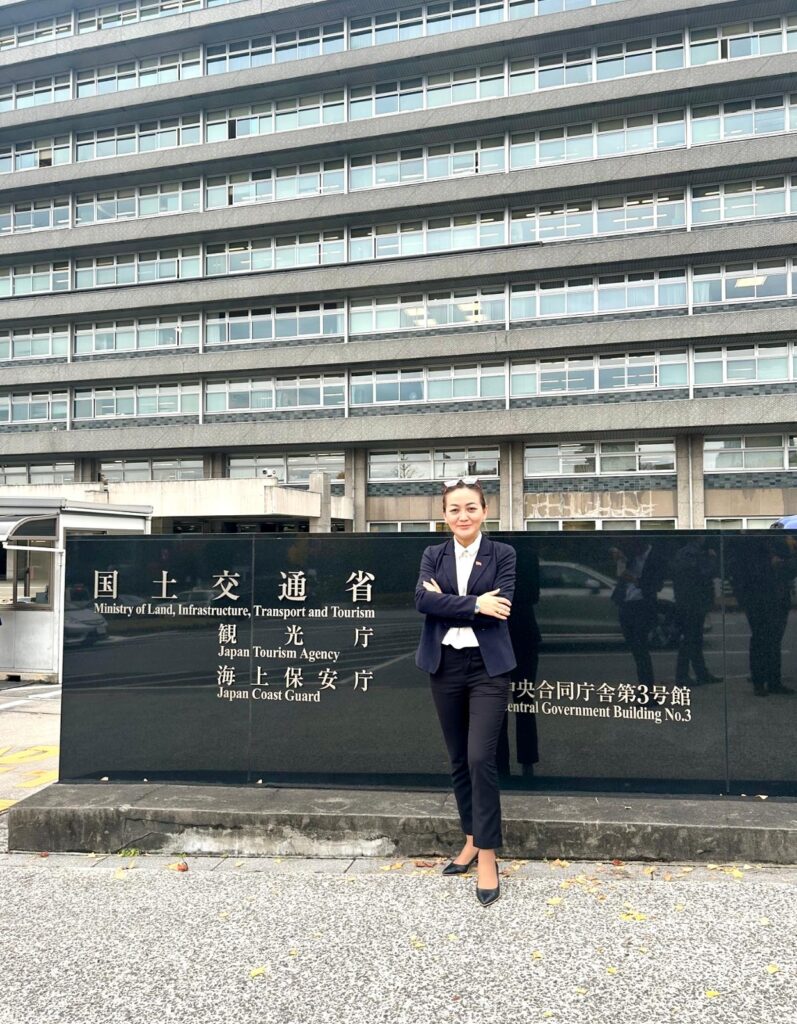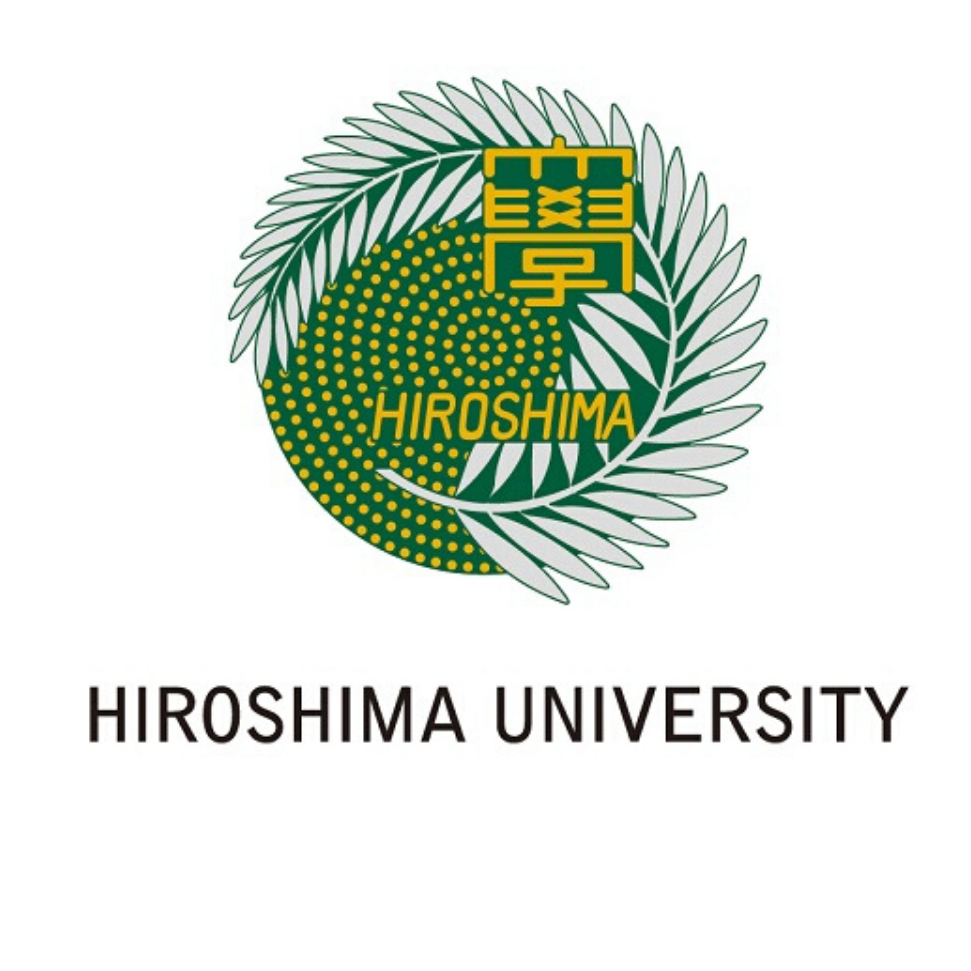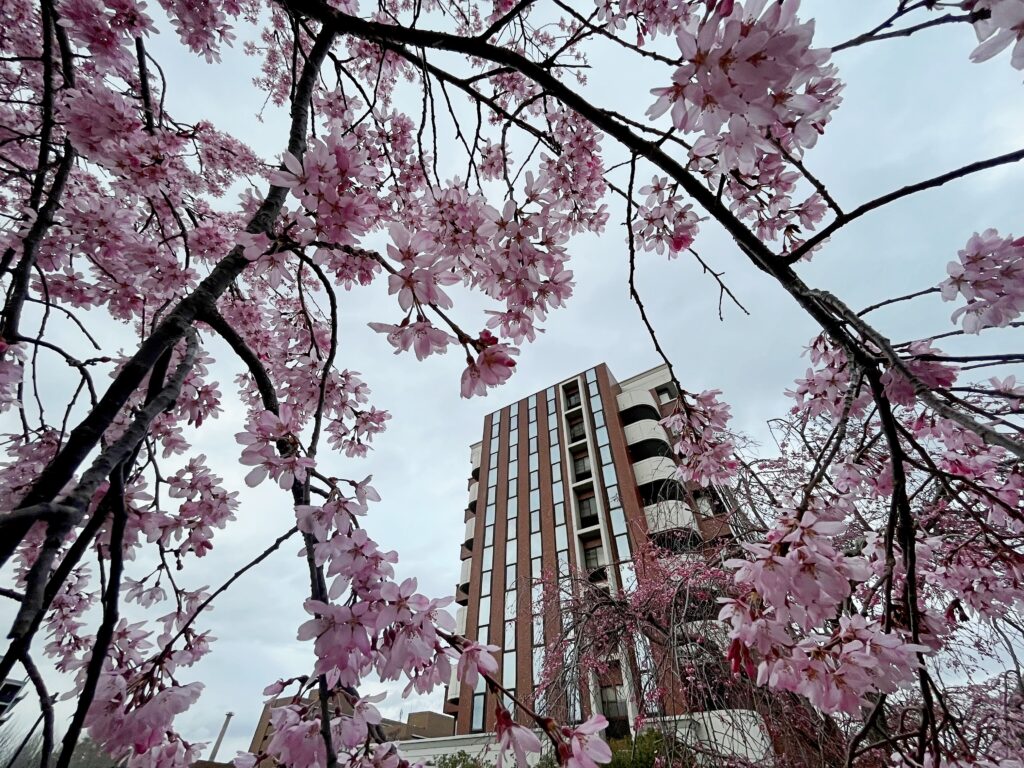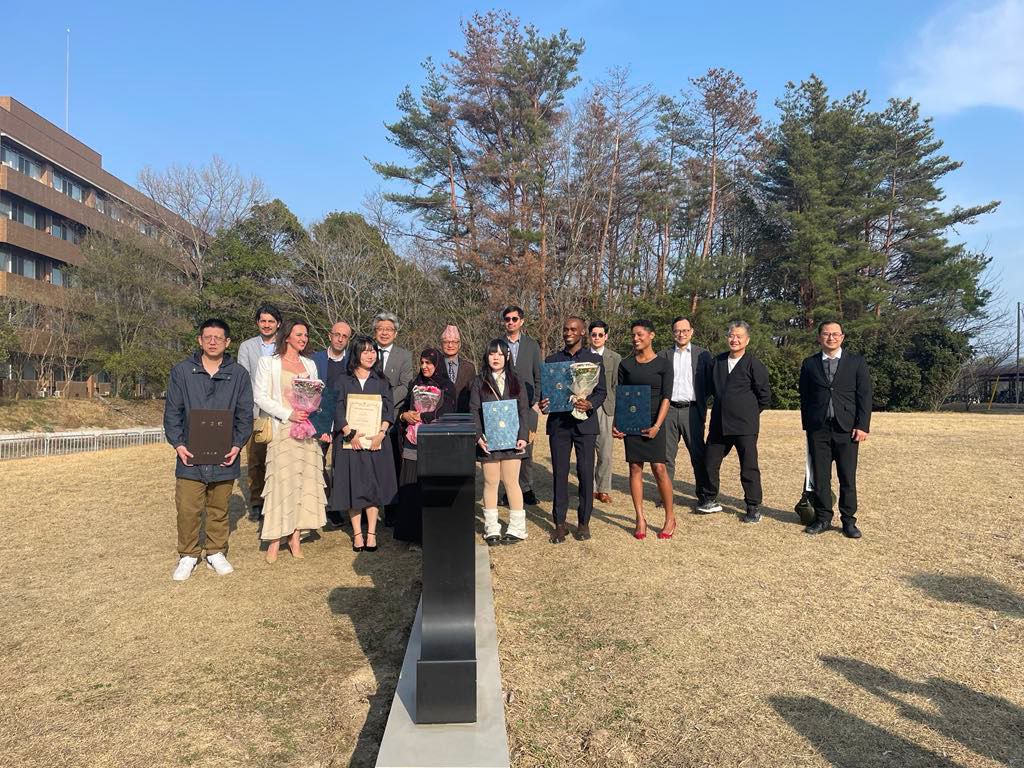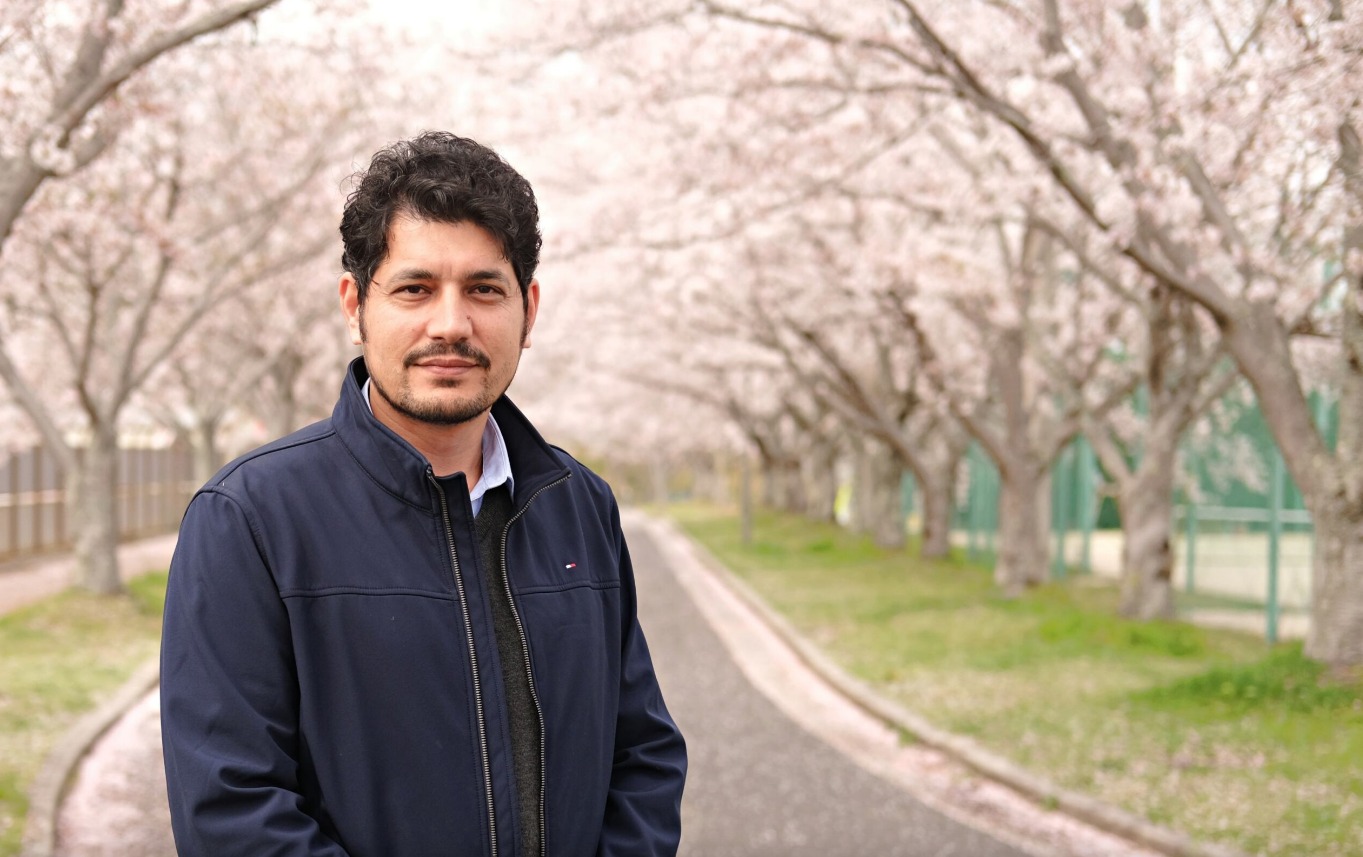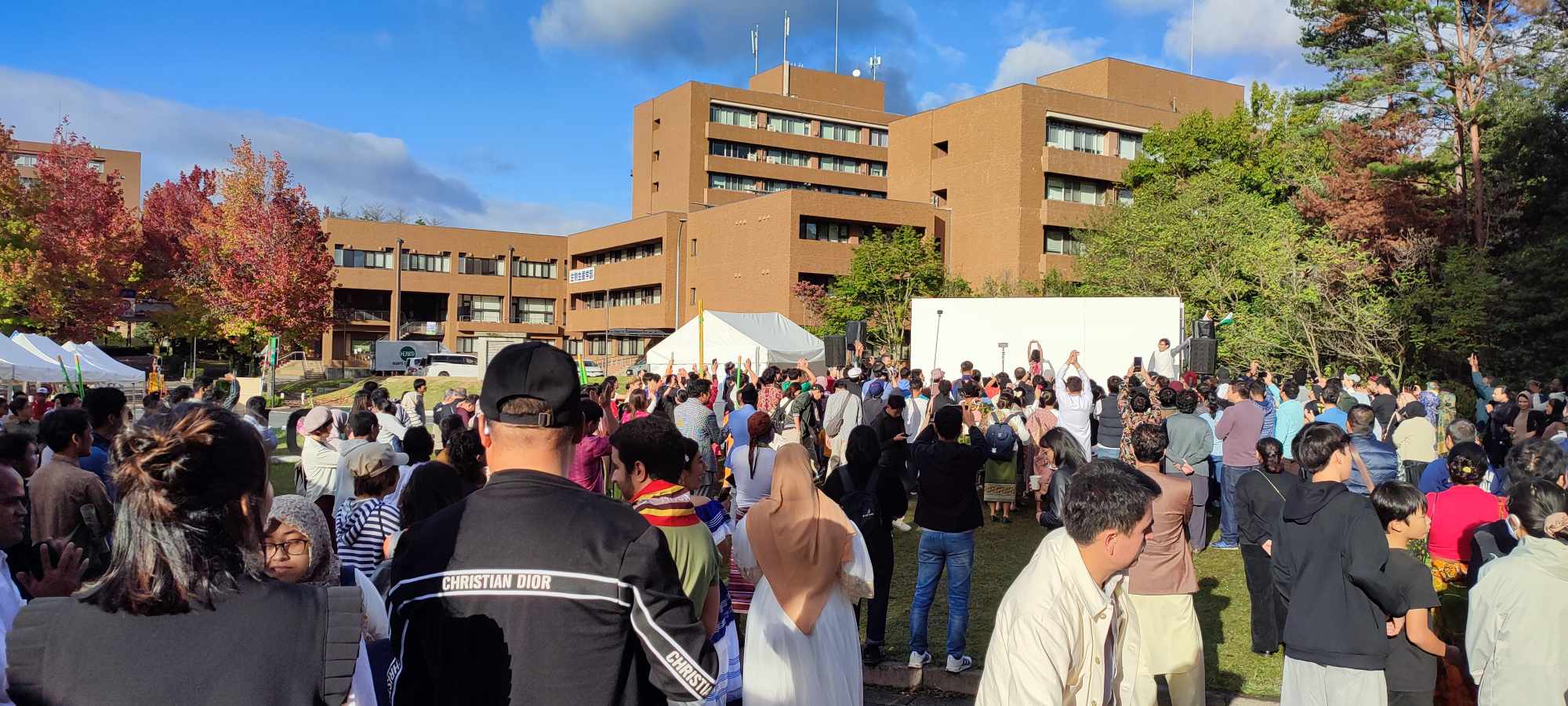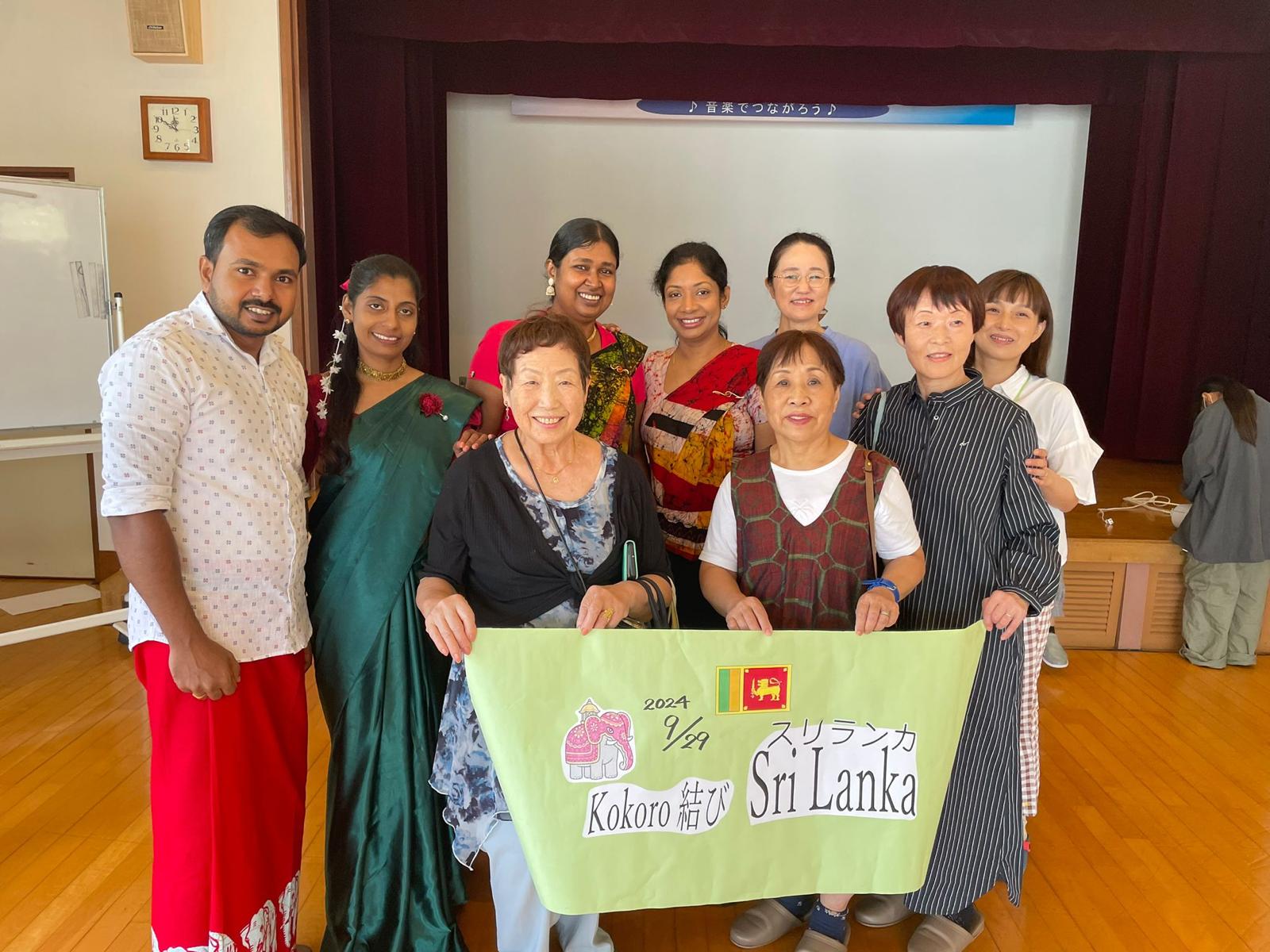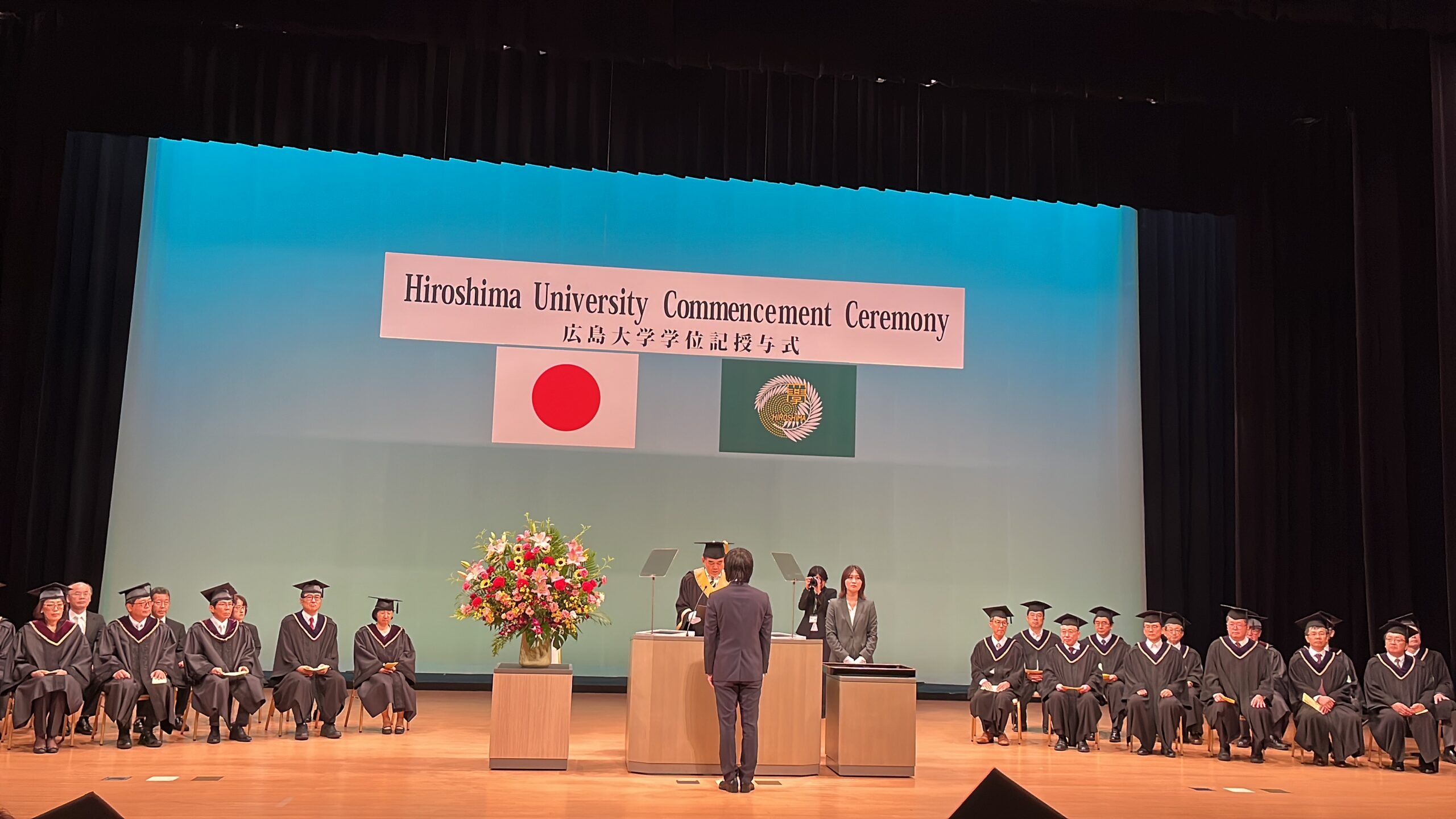Profile: Diliara Orozalieva, Chief Specialist in the Department of Economic and Strategic Development, Ministry of Transportation and Communication of the Kyrgyz Republic
(JICA-JDS Scholarship, M2 MBA, graduating summer 2024)
Saijo: Thank you for joining us today, Diliara. Could you elaborate on how your academic experience, particularly in causal inference and data analysis, has prepared you for your role in economic development?
Diliara: Certainly. My academic journey has been transformative, particularly in delving into causal inference and data analysis. These areas have provided me with robust analytical tools essential for evaluating policy impacts accurately and making informed decisions.
In my university studies, causal inference was a new concept for me, and it has significantly expanded my analytical toolkit. It has enabled me to navigate complex data sets, identify meaningful patterns, and draw reliable conclusions. This knowledge has been instrumental in shaping my approach to economic development, emphasizing the importance of rigorous analysis and empirical evidence in policymaking.
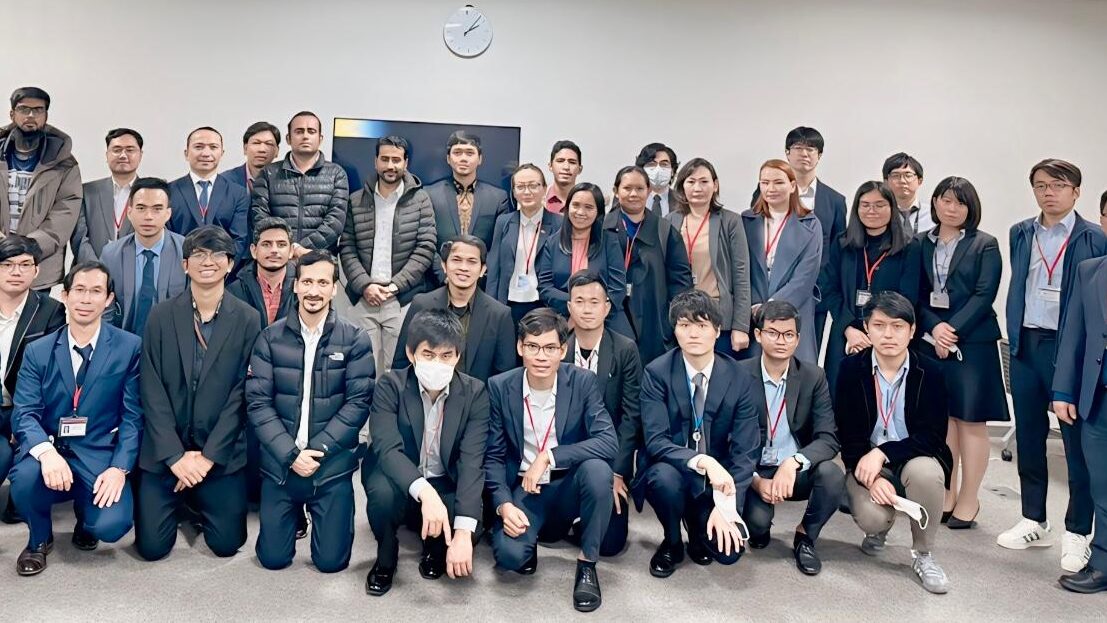
Saijo: The university emphasizes practical learning through labs and seminars. How have these hands-on experiences contributed to your professional development?
Diliara: Participating in practical seminars and bootcamps has been invaluable. These settings have allowed me to apply theoretical knowledge in real-world scenarios and receive constructive feedback from peers and advisors. Engaging in seminars focused on research methodologies has deepened my understanding and sharpened my ability to conduct rigorous analyses, which are essential for shaping effective economic policies.
Saijo: How has exposure to international perspectives influenced your approach to economic development and policy-making?
Diliara: Interacting with international faculty and peers has broadened my perspective significantly. Learning from diverse cultural backgrounds and academic insights has encouraged me to adopt a more comprehensive approach to economic development. It has inspired me to integrate global best practices into our local context, enhancing the relevance and impact of our policy interventions.
Saijo: In what ways do you believe a multidisciplinary approach enhances policy-making in transportation and economic sectors?
Diliara: A multidisciplinary approach is essential for addressing the multifaceted challenges in transportation and economic development. By drawing insights from various disciplines such as economics, engineering, and environmental science, we can develop holistic policies that consider diverse perspectives and optimize resource allocation. This approach enables us to achieve sustainable growth and improve infrastructure, benefiting our communities and advancing national goals.
Saijo: How do you plan to apply these skills and perspectives in your role at the Ministry of Transportation upon your graduation?
Diliara: I am eager to leverage my enhanced analytical skills and multidisciplinary perspectives to contribute to strategic economic development initiatives within the Ministry of Transportation. By employing evidence-based approaches and fostering collaboration across sectors, I aim to enhance transportation infrastructure, promote sustainable growth, and improve the quality of life for our citizens.
Saijo: Thank you for joining us today, Diliara. Reflecting on your overall experience during your study in Japan, how has this journey influenced your professional perspective?
Diliara: My overall experience during my study in Japan has been immensely transformative. Immersing myself in a new cultural environment and academic setting has expanded my horizons both personally and professionally. It has provided me with invaluable opportunities to learn from international experts, engage in cross-cultural interactions, and participate in diverse events that have enriched my understanding of global practices and perspectives.
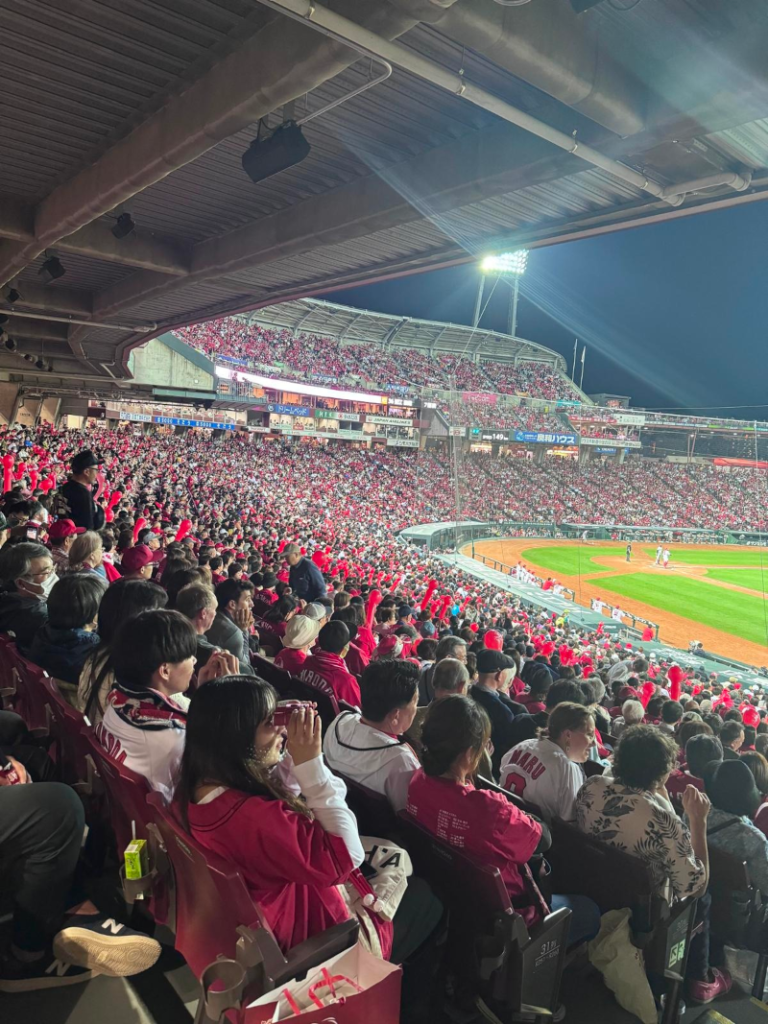

I had the privilege to visit local elementary schools, where I observed firsthand the educational practices and cultural values that shape Japanese society. Participating in festivals such as the Sake Festival, Brush Festival, and Flower Festivals allowed me to appreciate Japanese traditions and community spirit, highlighting the importance of cultural celebrations in fostering social cohesion.
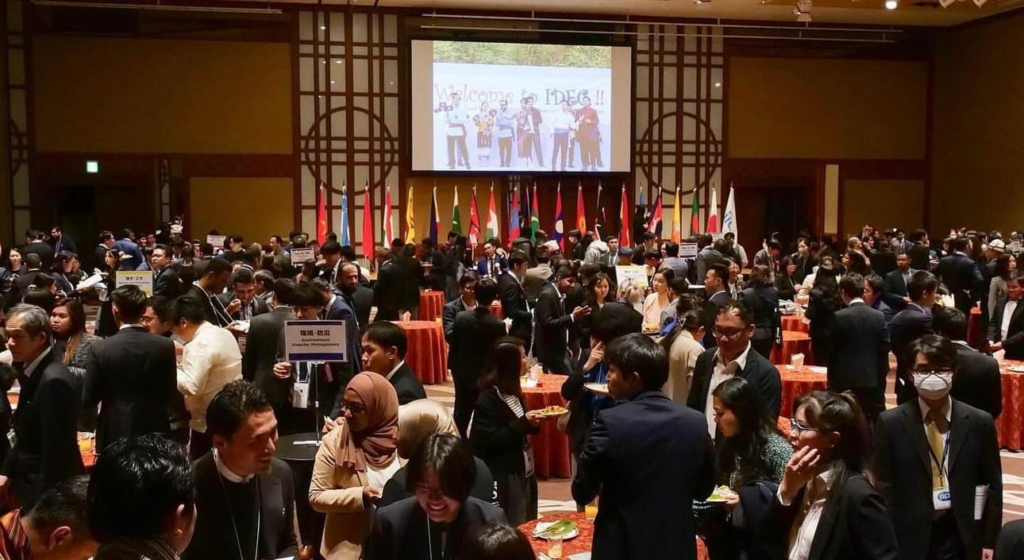
Networking at JDS leadership events provided me with insights into leadership strategies across different sectors, facilitating meaningful exchanges with professionals and enhancing my leadership skills. Additionally, I had the opportunity to visit the Ministry of Transportation of Japan, where I gained practical experience and insights into their transportation policies and infrastructure development strategies.
Moreover, skiing and other lab trips with my colleagues created bonds beyond the academic setting, fostering teamwork and collaboration essential for effective professional relationships.

These diverse experiences have profoundly influenced my professional perspective, emphasizing the significance of cultural understanding, collaboration, and global engagement in shaping effective policies and initiatives.
